|
Running an editing or proofreading business is a journey, not a moment in time. Some of us will be offered work that’s not ideal because of fee, content, client type, time frame, or for some other reason.
Some might tell us it’s a bum job, that we should run a mile. But is it? Should we? Would acceptance be a compromise or an opportunity?
The problem with ‘ideal’
Ideal is something to aim for but rarely what lands in our laps, especially in the start-up phase of a business.
The challenge of visibility Being discoverable is a challenge for many new starters. Ideal projects are out there, but the editor or proofreader isn’t yet visible enough in the relevant spaces. And even if they can be found, they might not yet have enough experience to instil the trust that leads to initial contact. Broadly, it’s easier to get in front of publishers because we know who and where they are. They’re used to being contacted by us, too, so we can go direct and cold. With non-publishers, it’s more difficult. Not every business, charity, school, indie author, or student wants an editor or understands the value we might bring to the table. Going direct and cold is a trickier proposition. The issue of trust It’s not just the mechanics of visibility. Emotion plays a part too, especially trust.
With publishers it’s easier to overcome the trust barrier. They know what they want, what we do, are used to working with us, speak our language, and are experienced in evaluating our competence.
Non-publisher clients are more of a challenge. They might not be familiar with the different levels of editing. Many will not have worked with a professional editor before. Some – for example fiction writers – might be anxious about exposing their writing to someone they don’t know. And for the inexperienced client, evaluating a good fit is more difficult. In the start-up phase of business ownership, editors and proofreaders with less experience might therefore find it easier to acquire work with publishers than with non-publishers. The choices on the business journey So visibility and trust issues mean that new entrants to the field might not have the same breadth of choice as the more mature business owner. It might mean deciding to accept work that isn’t ideal in the shorter term. We could describe this as a compromise, but might it in fact be an opportunity? Does the terminology matter? I believe the terminology does matter because a compromise has negative connotations.
Negatives leave us feeling dissatisfied, that we’ve been ripped off, that we’re not in control. We’re more likely to begrudge the choices we’ve made. Positives are empowering. We’re more likely to see the choices we’ve made as rational and informed. All of this might sound like a mindset game but there’s more to it than that. Decisions to accept work that isn’t ideal have measurable benefits. However, we need a longer-term approach, and that can be tough for the new starter who’s surrounded by colleagues who are booked up months in advance with the work that they want. If that sounds like you, think of your editing business like a garden. The editorial garden What you do this year is not separate from what will happen next year, or the year after, or five years down the road. All the choices you make on your business journey are connected.
The seeds you plant now will grow if you look after them. Give them a little additional feed and they might sprout this season ... if the weather holds and you’re lucky. However, you will not get a tree, not this year, I guarantee it. Trees come later.
If you don’t plant anything, however, nothing will spout, not now, not next year, not five years down the road. You will be treeless. Is planting the seeds a compromise? I don’t think so. It’s the opportunity to grow a tree. Should we begrudge all that work of watering and feeding for just a few green shoots in this season? Again, not to my mind. The effort we make now will bear fruit later. Our businesses are the same. A patch of my editorial garden I thought it might be helpful to share a story about my own business journey. It’s about how I accepted work that was way below my ideal price point, and did so with pleasure, because I believed I’d be able to leverage it later. See these books?
These are some of the books I was commissioned by publishers to proofread a few years ago. I proofread these books for about 13 quid an hour. These days, I aim to earn between £35 and £40 per hour. It doesn’t always work out that way, but I hit my mark in the last financial year when I averaged out my annual project earnings. A few years ago, my aim was around the £30 mark. Those books pictured above earned me less than half what I was aiming for. Did I compromise? Well, it depends how you look at it.
If I believe that each decision I make exists in the bubble of now, and that nothing affects anything else further down the road, then yes, I compromised. If I think that what I’m earning now is despite my decision to accept those proofreading projects, it was a massive compromise.
If, however, I decide that each decision I make can affect my choices down the road, that the walls around those individual decisions are permeable, it’s a different story. If I think that what I’m earning now is because of my decision to accept those proofreading projects, it’s a story of opportunity. Authors make decisions to work with editors based on a whole host of factors, but the first step is deciding to get in touch in the belief that the person they’ve found feels like a good fit. Back to trust To take one example, those of us who edit fiction for self-publishers are asking those authors to put their novels into the hands of complete strangers. Many of those authors have never worked with an independent editor. Some are anxious about the process of being edited. And for some, the editor’s might be only the second pair of eyes to read the text. It’s a big ask that takes courage. And that’s where the trust comes in. The editor who can instil trust quickly is more likely to compel authors to make the leap and hit the contact button. And what better way to instil trust than offer a portfolio of mainstream published books written by big-name authors? And that’s how I leveraged those half-my-ideal-fee books. They tell an anxious indie author that publishers of big-name books trusted me a few years ago. And that helps the author trust me now. Those proofreading projects – and the £13 ph fees that came with them – encourage authors to contact me now, and trust that my £35–£40 ph line/copyediting fee is a worthwhile investment. And I know it’s true because they’ve told me it's so. I didn’t compromise. I planted a seed. Now the tree has grown, and I’m able to harvest the fruit. I had to wait a few years but the decisions I made then affect the choices I have now. And that’s how an editing garden grows. Your choice I’m a great believer in leveraging for future opportunity. It’s not everyone’s bag. It doesn’t fit with every editor or proofreader’s business model. And that’s fine. I offer this not as THE way of thinking, but as one approach. It’s something that those at the beginning of their journey might like to consider if they are still building visibility, but struggling with the age-old rates debate! As independent business owners, we are free to accept or decline fees from price-setting clients as we see fit. We are also free to propose rates that meet our individual needs, regardless of what our colleagues are offering. If you’re offered work, can see the benefit of that work for your portfolio, but can’t stomach the price, decline. But if you wish to accept, even though others tell you the price is ‘too low’ or ‘unfair’, go for it. The hive mind of the international editorial community is there to offer support and to share its wealth of experience, but no one knows your business and your needs better than you! More resources
Louise Harnby is a line editor, copyeditor and proofreader who specializes in working with crime, mystery, suspense and thriller writers.
She is an Advanced Professional Member of the Chartered Institute of Editing and Proofreading (CIEP), a member of ACES, a Partner Member of The Alliance of Independent Authors (ALLi), and co-hosts The Editing Podcast.
2 Comments
15/7/2020 11:47:18 am
This is a marvellous blog article, for which many thanks. As always, Louise, you generously share your own formative experiences, which help those of us training and new to the proofreading profession in ways that give glimmers of hope that it might just be possible to create work. As you sow, so shall you reap...
Reply
Louise Harnby
15/7/2020 04:18:31 pm
Glad you found it helpful, Ivor!
Reply
Leave a Reply. |
BLOG ALERTSIf you'd like me to email you when a new blog post is available, sign up for blog alerts!
TESTIMONIALSDare Rogers'Louise uses her expertise to hone a story until it's razor sharp, while still allowing the author’s voice to remain dominant.'Jeff Carson'I wholeheartedly recommend her services ... Just don’t hire her when I need her.'J B Turner'Sincere thanks for a beautiful and elegant piece of work. First class.'Ayshe Gemedzhy'What makes her stand out and shine is her ability to immerse herself in your story.'Salt Publishing'A million thanks – your mark-up is perfect, as always.'CATEGORIES
All
ARCHIVES
July 2024
|
|
|
|


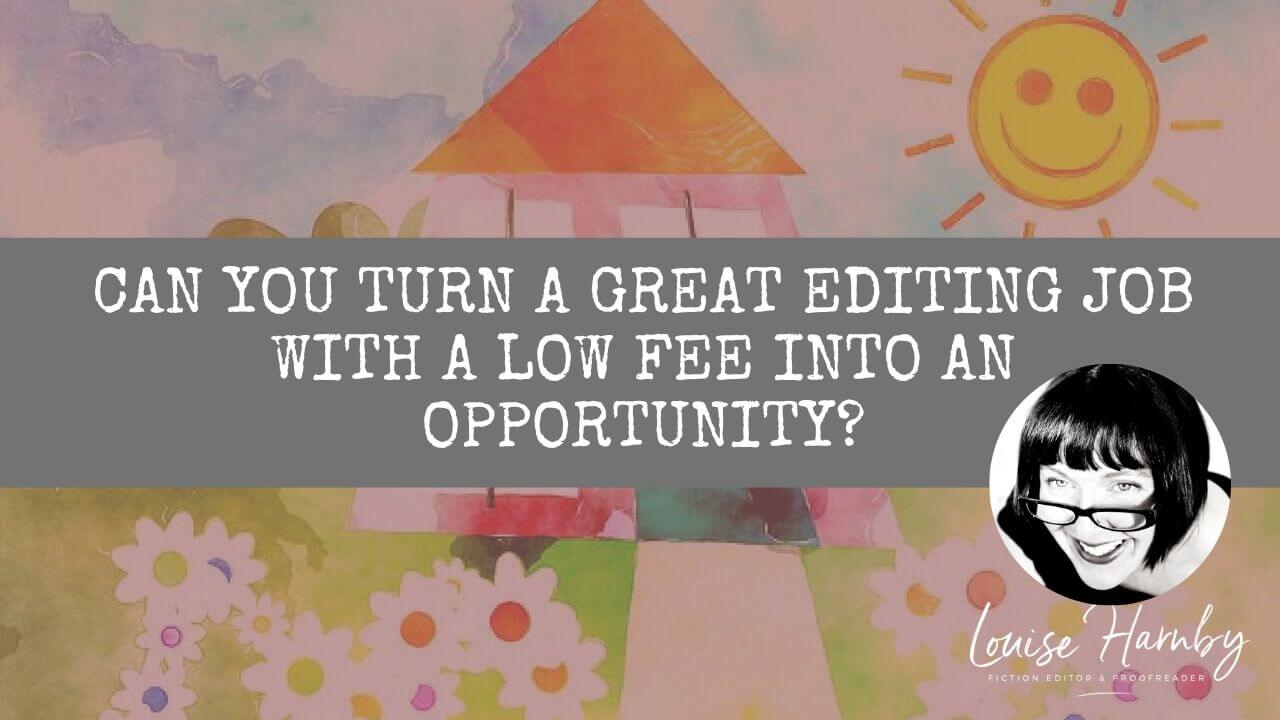
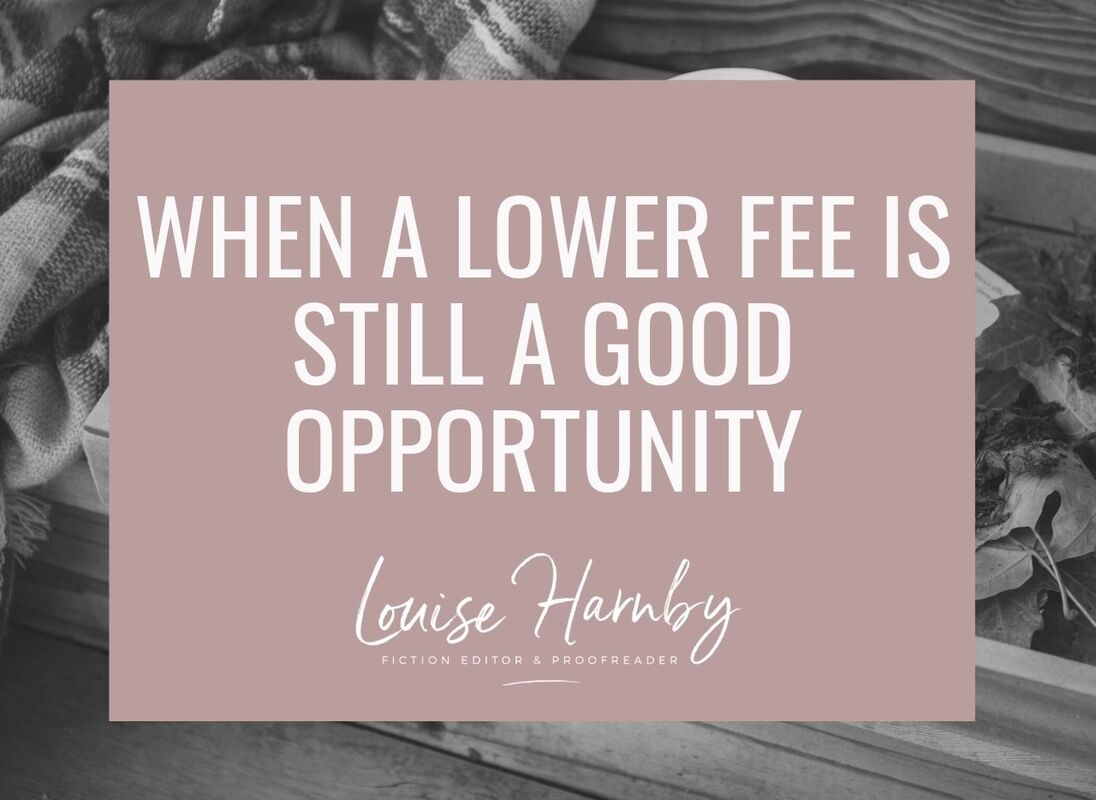
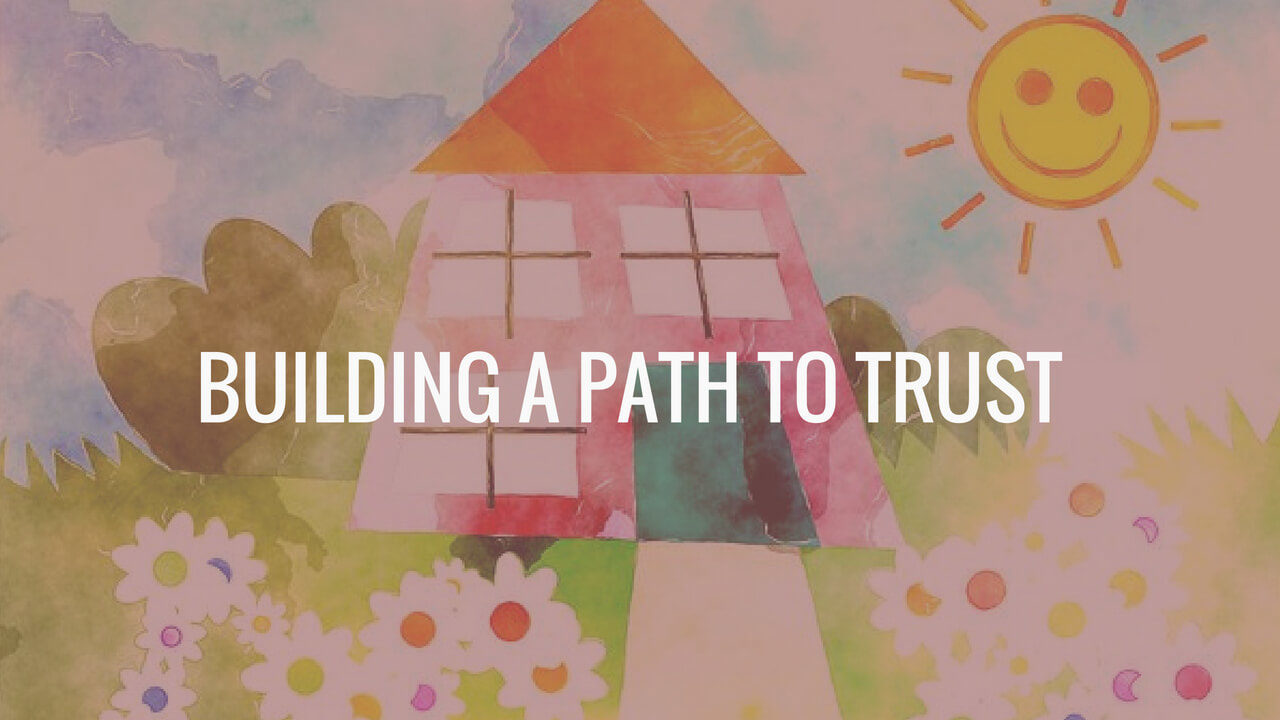
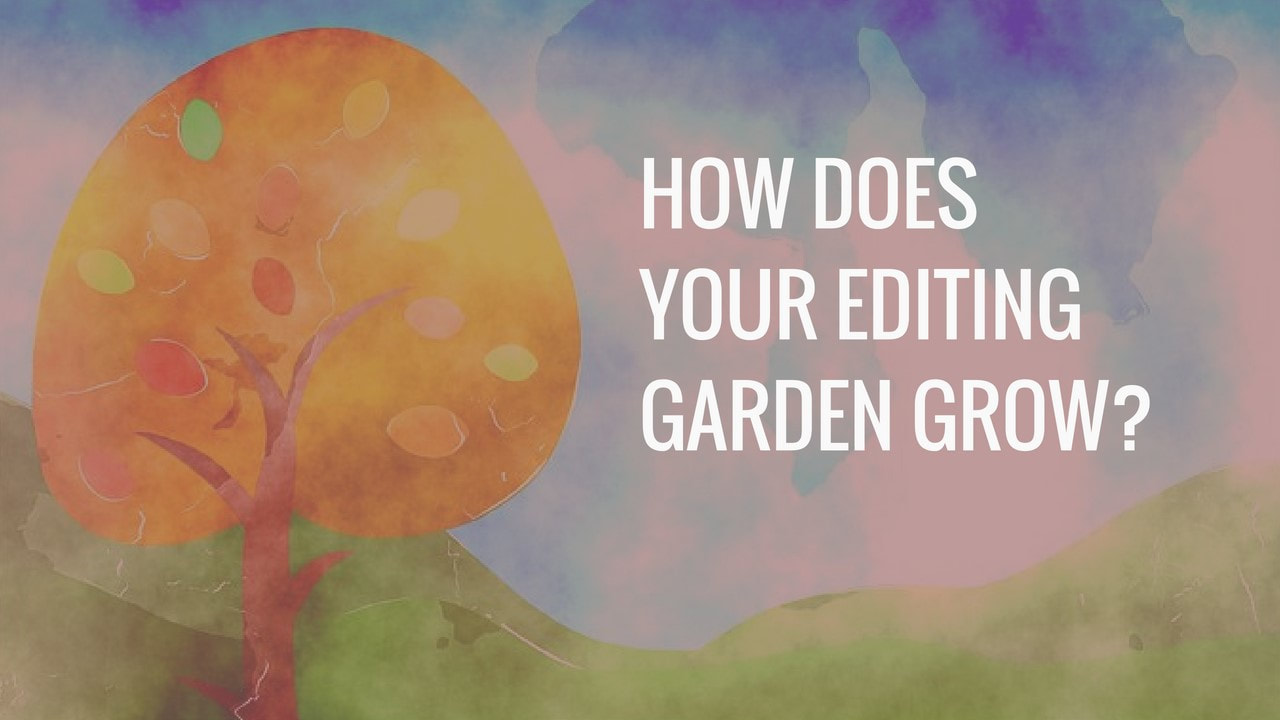
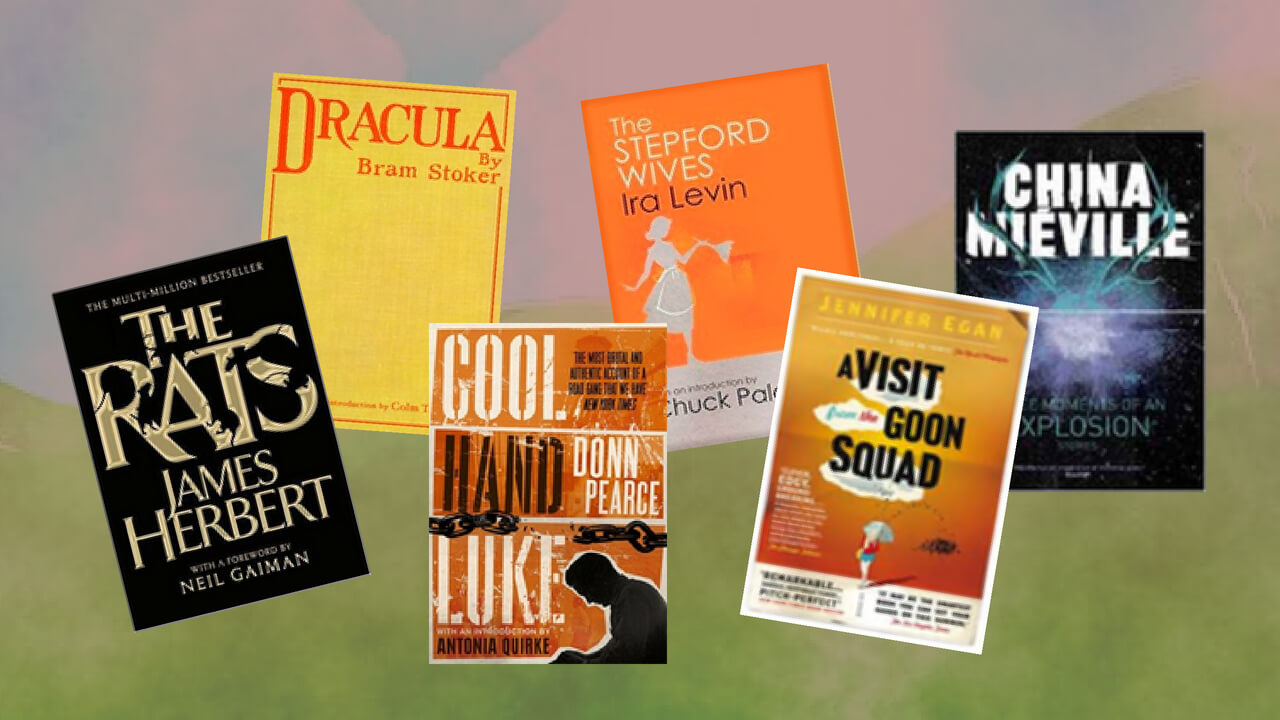
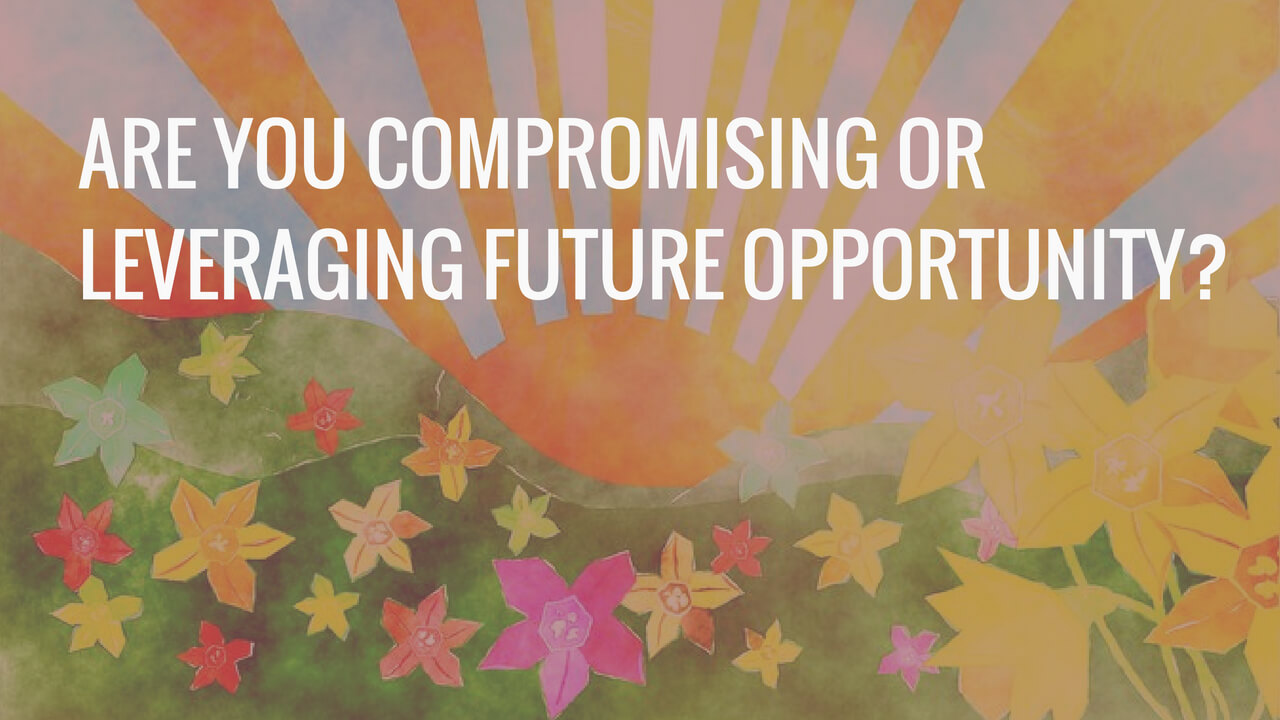













 RSS Feed
RSS Feed





